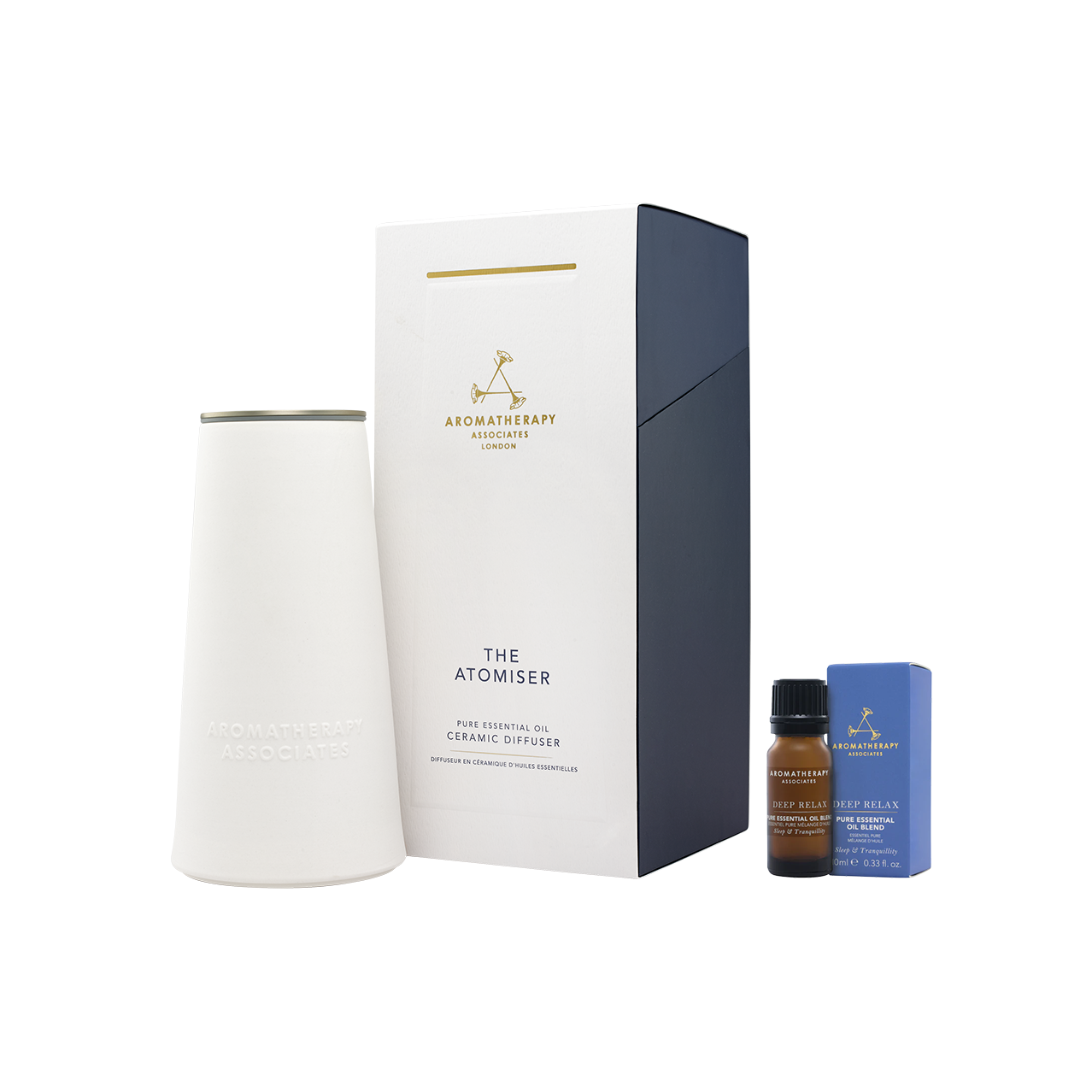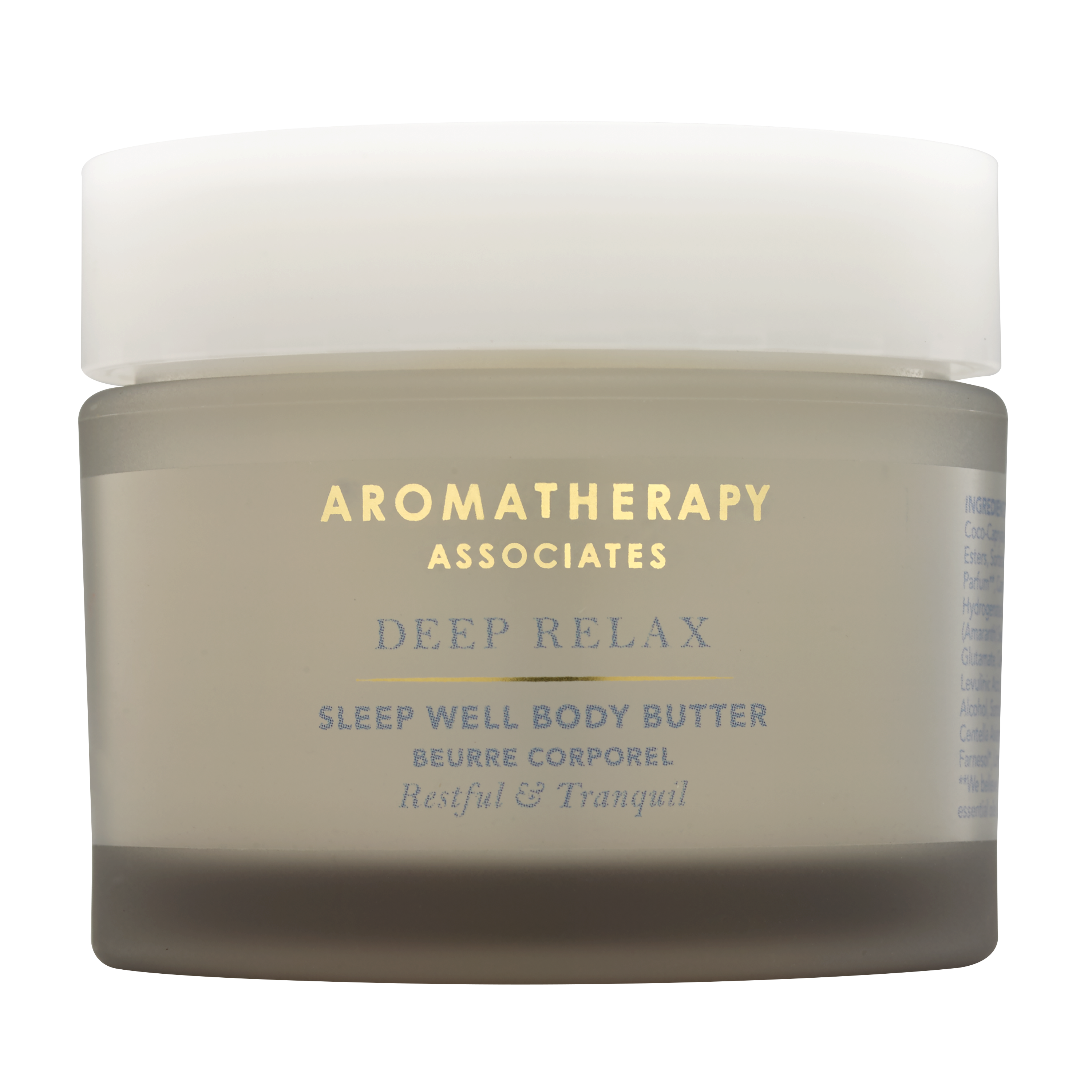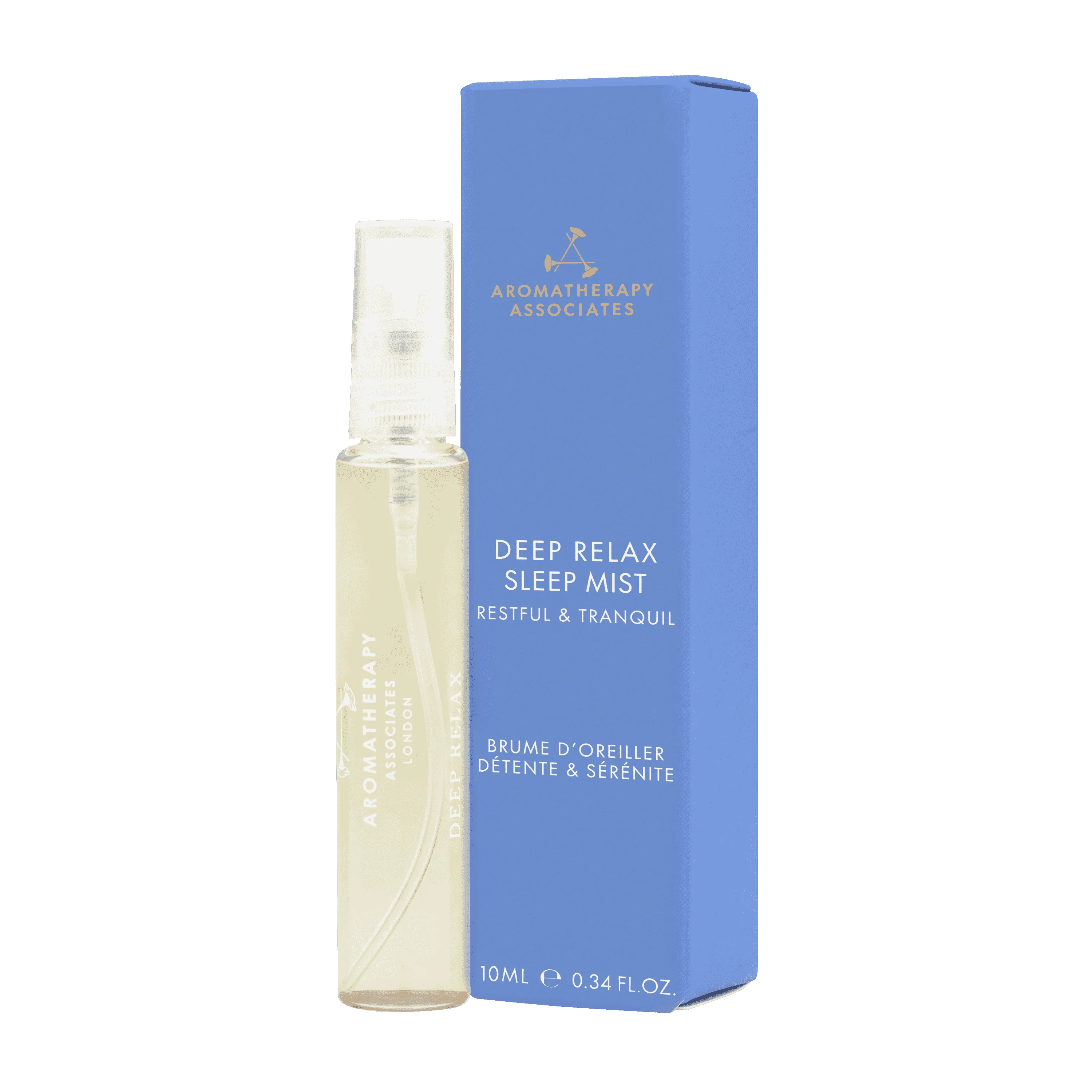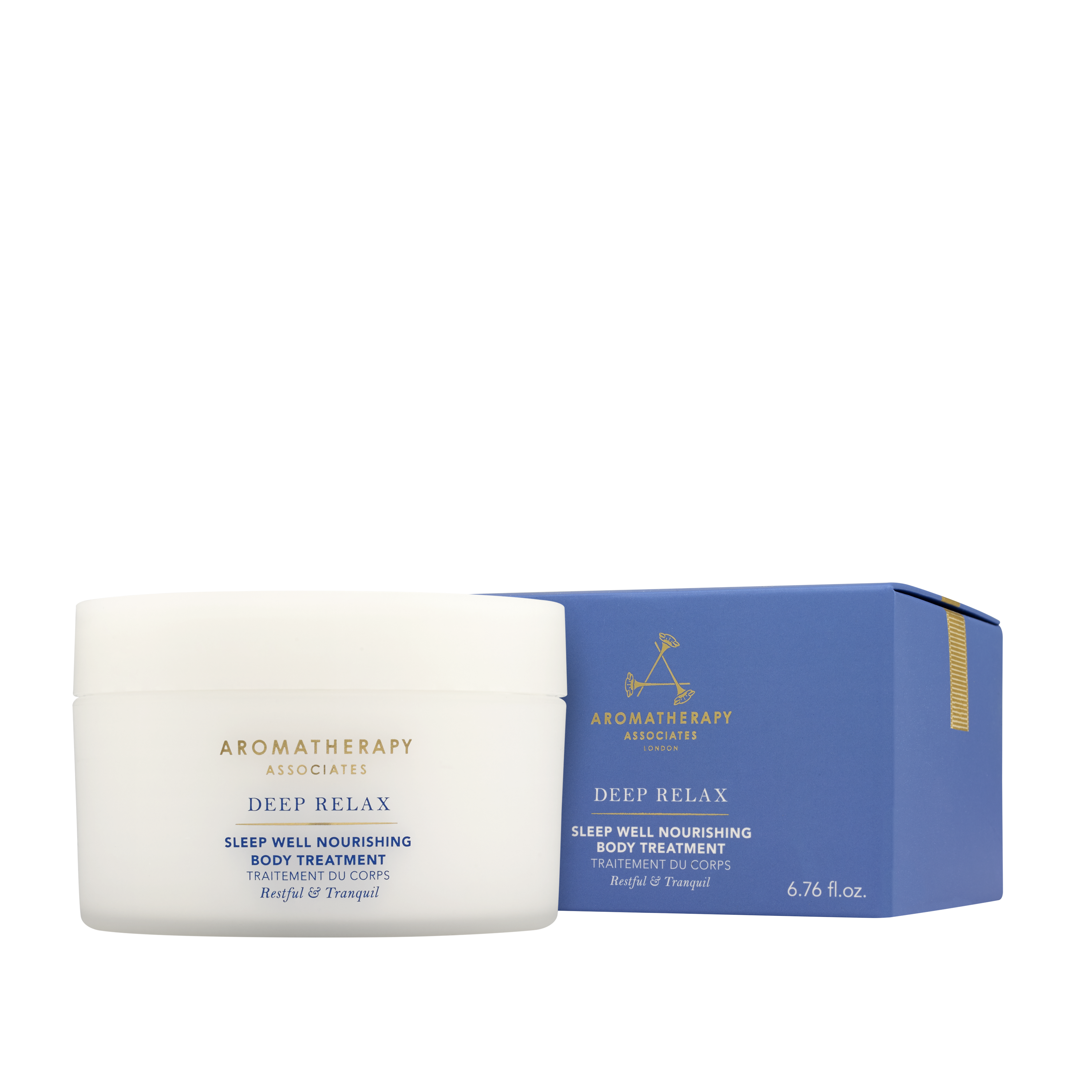Circadian Rhythms

Maintaining Natural Sleep Cycles to Support a Healthy Immune System
If the current changes to your routines such as working from home and increased anxiety are playing havoc on your sleep patterns, we’re here to share expert tips on what you can do to maintain nature’s intended cycles, ‘circadian rhythms’ to support your wellbeing.
A sleep expert for over 38 years, our guest writer Dr. Neil Stanley is widely quoted and acknowledged, with a career spanning the Neurosciences Division of the R.A.F. Institute of Aviation Medicine to Chairman of the British Sleep Society. He has published 38 peer-review papers on various aspects of sleep research and psychopharmacology, and he shares with us the importance of a good night’s rest and how to maintain our bedtime routine during this time of uncertainty.
Sleep is important for your immune system

Sleep is essential for the optimal functioning of your immune system. When you sleep you produce cells that respond to viral threats. These cells are called ‘T cells’ and ‘cytokines’. Good sleepers are shown to have higher levels compared to poor sleepers.
So how do we fall asleep?

Our body is clever - before falling asleep there are several changes that happen in our nervous system. There is an increase in the parasympathetic system, which is sometimes referred to as the rest system; it conserves energy, as it slows the heart rate, increases intestinal and gland activity, preparing your body to slow down and repair.
But how is this triggered you ask?

The human circadian system (all mammals) is regulated by a master clock found in the brain. This master clock runs on a roughly 24 hour cycle and is reset each day according to the light-dark cycle. Sunlight is the primary signal for our body clock. The rising of the sun tells our body and brain that it is time to be awake; the setting of the sun tells the body it is time to prepare for sleep. The signal that it is time to sleep is the hormone melatonin, which is secreted in response to darkness falling. This results in a natural rise in levels of melatonin 1-3 hours before sleep onset. Although often thought of as the 'sleep hormone’, melatonin itself does not put you to sleep; it is the signal that initiates a cascade of processes that leads us to fall asleep and to stay asleep.
Approximately 90 minutes before our wake-up time, our body clock starts a series of changes (e.g. increase in body temperature, production of the hormone cortisol) that results in our awaking. Changes to our circadian rhythm, such as shift work and jet lag, can cause significant problems with our sleep, health and wellbeing.
So what can we do to maintain these circadian rhythms?

The best way to get a good night’s sleep is to be awake during the day. Daytime exercise, both physical and mental, can promote good sleep. It is also essential to get adequate exposure to natural light during the day, if possible, as early as you can after waking up, as this is the primary signal to the brain that it is time to be awake.
When it comes to how to get to sleep, there are a myriad of sleep tips out there but they all boil down to just three general things, which are:
A quiet mind
A relaxed body
A bedroom that is conducive to sleep




























